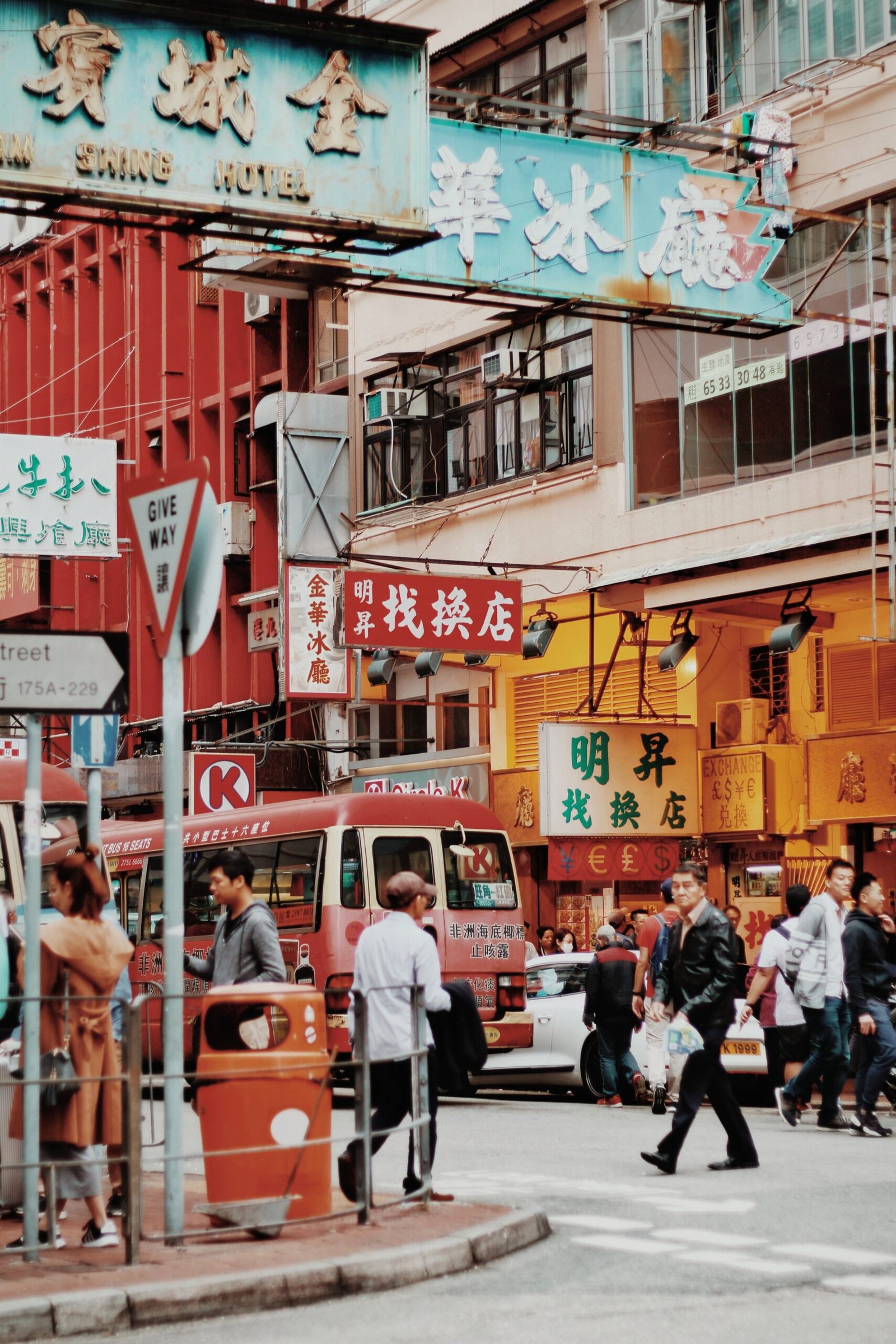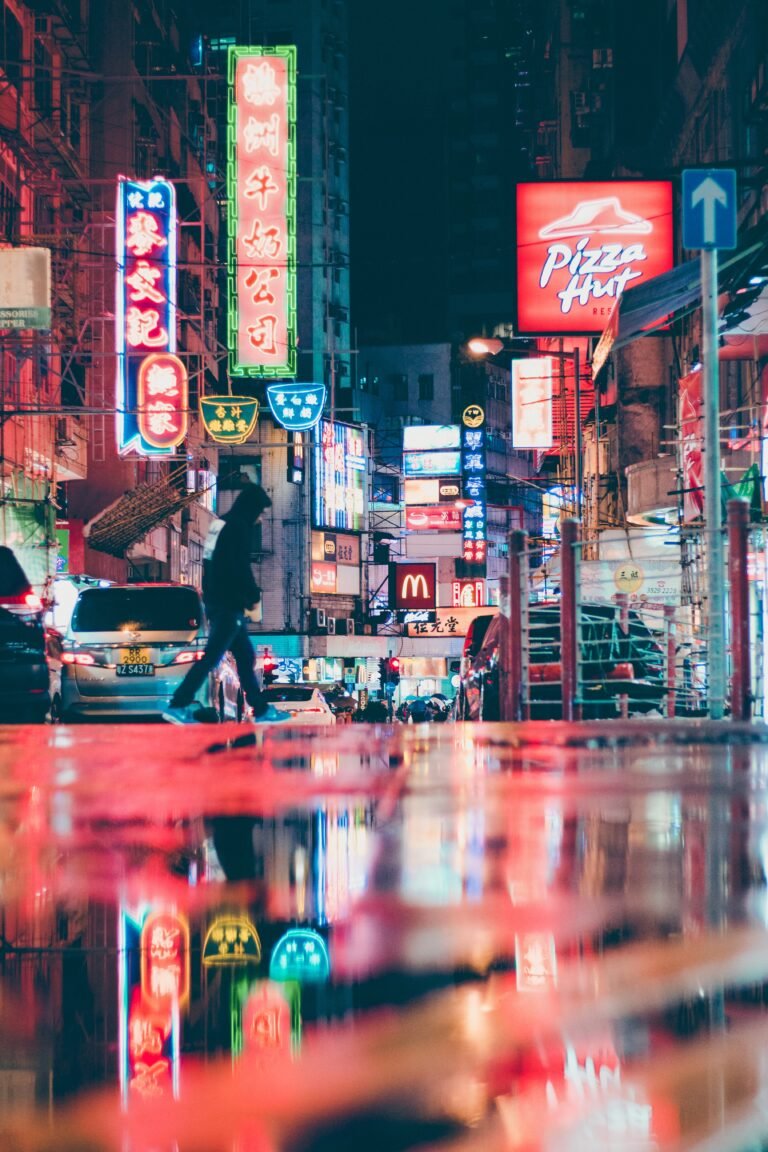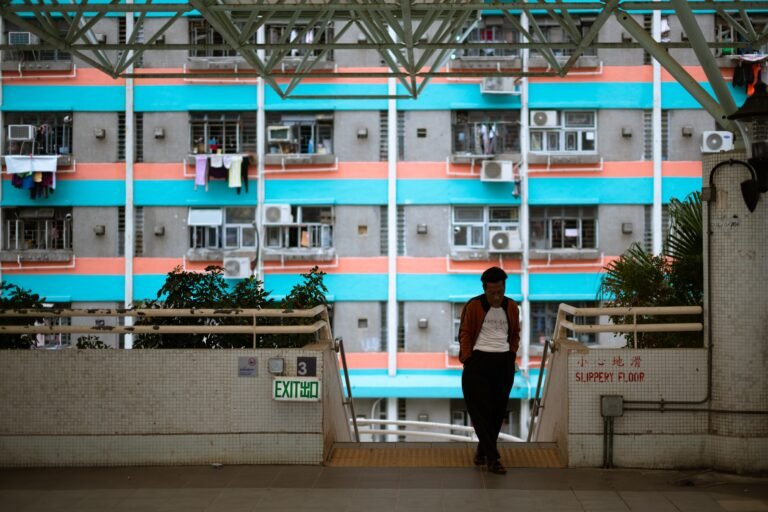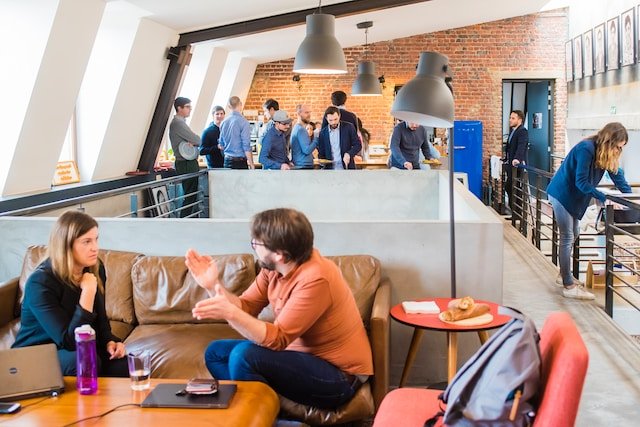The history and evolution of drama in Hong Kong
Chinese dramas in Hong Kong can be traced back to the Qing dynasty, where traveling actors would perform plays on the city’s streets and markets. These performances were mainly based on traditional Chinese dramas, such as Peking opera and Cantonese drama, which involved music, singing, and stylized movements.
Western-style Theater in Hong Kong
In the early 20th century, Hong Kong saw the rise of Western-style theater, with performances being staged in English by British expatriates. However, it was only after World War II that Chinese-language theater began to gain popularity in the city.
The Popularity of Cantonese Drama
The 1950s and 1960s were a time of significant social and political changes in Hong Kong, with the influx of refugees from mainland China and the city’s rapid economic growth. This period saw a surge in the popularity of Cantonese drama, with actors such as Sweet Potato Kim-fai and Pak Suet-sin becoming household names.
The Rise of Experimental Theater
The 1970s saw the rise of experimental theater in Hong Kong, with the establishment of the City Contemporary Dance Company and the Hong Kong Repertory Theater. These organizations challenged traditional forms of theater and pushed the boundaries of what was considered acceptable on stage.
Hong Kong Drama Goes Global
During the 1980s and 1990s, Hong Kong drama experienced a boom in popularity, with the emergence of TV dramas and the rise of actors such as Chow Yun-fat, Tony Leung Chiu-wai, and Maggie Cheung. These actors became international stars and helped to popularize Hong Kong drama around the world.
The Current State of Drama in Hong Kong
Recently, Hong Kong drama has continued to evolve, with new voices and perspectives emerging. The city’s political and social landscape has a significant impact on its theater scene, with many artists using plays to explore issues such as democracy, human rights, and civil liberties.
Despite the challenges facing Hong Kong’s theater industry, drama remains an essential part of the city’s cultural scene. Whether it is a traditional Chinese drama, contemporary play, or experimental theater, Hong Kong’s theatrical scene reflects the city’s unique blend of tradition and innovation.
Are you looking for a fresh and exciting way to engage your school’s drama program or your child’s creativity? Try YouTube drama! It’s a fun and modern way for students to create and perform in their own videos. YouTube drama is flexible, convenient, and can even reach a wider audience. Plus, it teaches valuable skills like video production, editing, and storytelling. Click here to learn more about how YouTube drama can benefit your school’s drama program.







